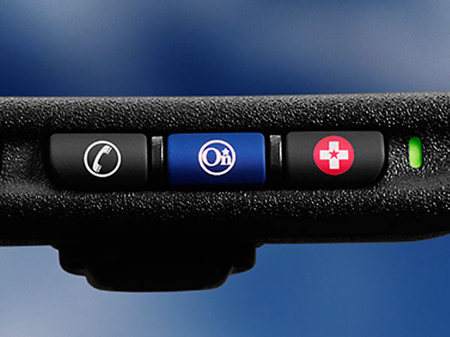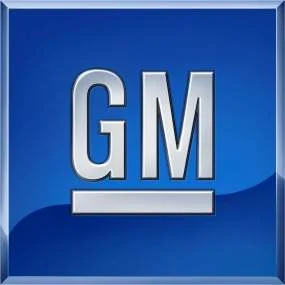There have been some harsh charges leveled at General Motors (GM) over the corporation’s controversial OnStar terms and conditions.
According to Autoblog, GM OnStar’s terms and conditions have changed and now stipulate the company has the right to collect and sell personal information on your vehicle, including speed, location, seat belt usage and other information. Yet this date is supposed to be perceived by GM OnStar customers as being anonymous.

Who would want such information?
Oh, just law enforcement agencies and insurance companies, the usual band of jokers.
The old terms and conditions claimed OnStar would only gather information on your vehicle’s whereabouts during a theft recovery or while sending emergency services your way.
Clearly, change is not always good.
Another new part of OnStar’s terms and conditions says GM can keep collecting the information even after the customer has disconnected the service. So if you want them to stop gathering data on you, you’ll have to turn off the vehicle’s data connection.
The news first broke when computer expert Jonathan Zdziarski got an email from GM about OnStar’s new terms and conditions. He then took to his blog to write about how he promptly canceled the OnStar subscription on his new GM vehicle.
He said on his blog that while most people would just delete the email or ignore it, he figured he give it a read since he’s a nerd. He’s glad that he took the time to read some boring old terms and conditions email.
It’s an added feature a lot of people will probably want to do without if they care about creepy spying.
Earlier in June, I criticized GM’s CEO Dan Akerson in article because he said that he thinks the gas tax should be raised by as much as $1 so that consumers will be nudged towards buying more fuel efficient cars. It would be a win-win situation right?

GM would get the government economic machine to influence the behavior of consumers by taxing their precious fuel even more, and GM would get to sell more of those fuel efficient cars the government loves so much.
Oh, and American consumers would get the benefit of being saved from their own polluting ways by being influenced to purchase cars the Government Motors wants us to buy. GM’s taxation scheme could save the world in theory.
This is why people who understand free market economics were against the bailout. Because they knew it would create what is known as moral hazard.
Moral hazard is a situation where a party protected from risk acts differently from how it would behave if it were fully exposed to the risk. GM was on the brink of ruin and they were bailed out by taxpayers and therefore insulated from all the risks that come with going out of business.
They are still protected from risk, though. Do you honestly think the federal government will let GM fail anytime soon after all of hundreds of billions that they took from taxpayers? Since GM is protected from risks, they don’t have to focus as much on being good.
Their leadership is doing a bunch of wacky things that they would have never done before if it were for the bailout. Now they don’t have to worry about being careful about how they act and how the public perceives them.
The OnStar terms and conditions changes prove that GM is now truly Government Motors.






